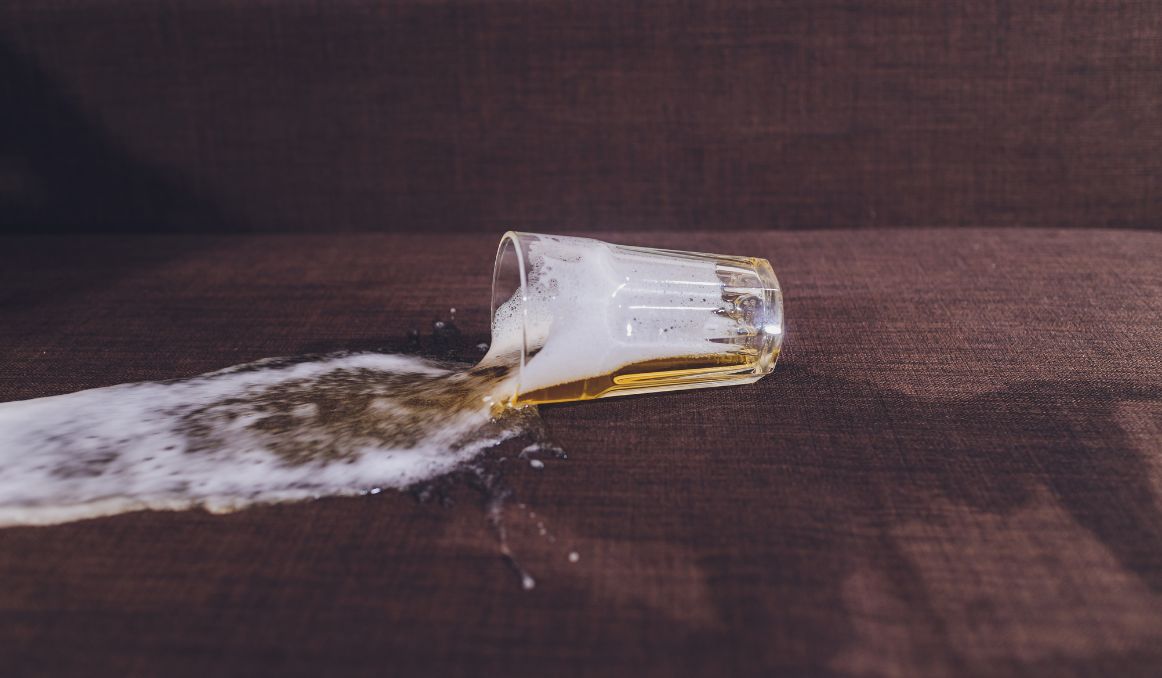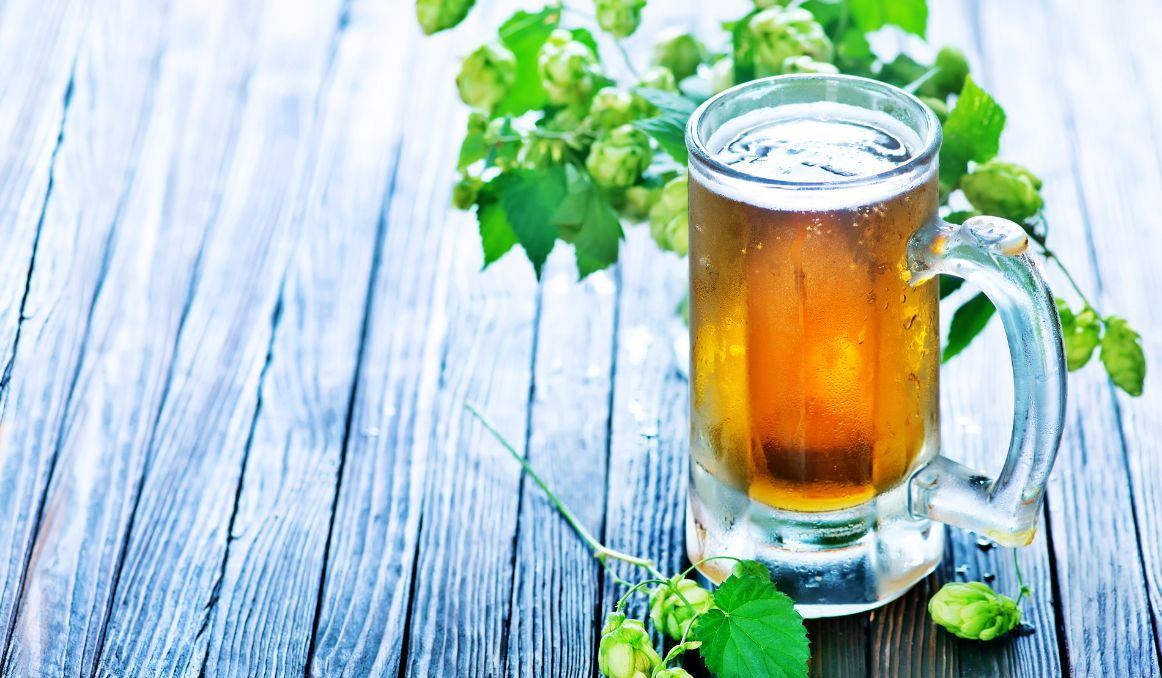How Long Does It Take for Beer to Go Stale? Your Guide
Beer lovers unite! It is imperative we understand our brew so we know how we can store it, when it is best to drink it, and even how to make it flat for other purposes.
Beer is a fascinating beverage with so many details that come in from so many angles.
Whether we’re talking about the fermentation process and yeast, or simply beer storage and freshness, if you’re a beer lover, you really cannot have too much information.
So, how long can you store your beer for? And how can you make it flat?

Beer: the Details
To begin with, it is important to note that there is a big difference between fresh versus stale and fizzy versus flat.
What do I mean?
Well, think about it.
When beer is made it undergoes a process that can take weeks, and in some cases months.
First, the grain is malted, or kilned, which gets the barley, wheat, or other grain all toasty, making the sugary starches ripe for extraction.
Next, that grain is ground or cracked, exposing all that sugary goodness.
Then, the cracked grain is added in, ideally, top quality water and steeped to get all those sugars into the liquid. That liquid is now called wort.
Once the wort is cooled, yeast is added.
Now, the yeast turns the wort into beer through the process of fermentation.
Yeast gets to work consuming all those sugars we got into the wort and converting them into ethanol (alcohol) and carbon dioxide, along with hundreds of other micronutrients and chemical compounds.
The fermentation process can take anywhere from several days to a few weeks, depending on the type of beer you are making, the yeast you use, whether you have a second fermentation step in there that may or may not involved wild bacteria, and so on.
In the end, technically, now you have beer.
But wait! There’s more
The beer should, again, technically, be ready for consumption, it’s all alcoholic and frothy.
So it’s fresh, right?
But now we add herbs to cut down on the remaining sweetness. In the days of old, women added an herbal blend called “gruit.” Today, we add hops, and then we allow that steeping process to sit for a bit as well.
Still fresh!
Once we have removed the yeast so we can be sure no more fermentation, and therefore carbon dioxide creation, will take place, we can store the beer, typically in bottles or cans, and this is when we give it a “born on date.” The date the beer was closed up in its container.
So now it’s fresh, right?
How long will it stay that way, though? That’s the question.
Beer Freshness

To clear up any confusion, let’s get this out of the way first, because some will wonder “does beer go stale?”
Yes. It is a freshly made product from grain, and it is not distilled, like hard liquor, so it will eventually go bad, and actually quicker than you might think.
Second, let’s be clear that the freshness of beer can also vary based on the storage location, the container in which it is bottled or canned, and even the type of yeast and grain used.
Bottled beer will remain fresh for up to six months if stored in a cool dark place from the time it was first bottled.
In growlers or cans, you can expect freshness to be shorter, around 3 months.
Beer exposed to UV light in a clear bottle will skunk, going bad after just a day in the sun.
Beer left in warmer temperatures will have its shelf life cut in half.
Once a beer is opened, bottled or canned, it is exposed to light and oxygen and the beer will go flat rather quickly, within hours. It also gets warm pretty quickly, and most people do not enjoy warm beer.
If you want to store beer that has already been opened, let’s say you have a 24 ounce bottle to share, your best bet is to put an airtight cap on it and stick it back in the fridge.
How to Make Beer Go Flat Quickly?
Sometimes, of course, you want your beer to go flat. Let’s say you want beer battered fish, or you want to make beer popsicles or margaritas and you don’t want the carbon dioxide (all those bubbles!) inside.
Simply pour your beer into a large bowl and whisk it for a few minutes. This process will get all the carbon dioxide out and flatten the beer. Let it sit for another 30 to 60 minutes and you will have fresh beer with no bubbles.
Ready for batter or popsicles. According to your plan for the evening!
How to Tell if Beer Is Bad?
Finally, you may be wondering if your beer is bad. Perhaps you lost track of time, you can’t see the expiration date on your bottle, or you’ve stored your own beer, and you don’t remember exactly how long ago you made it.
How can you tell if the beer has gone bad?
You’ll know.
You don’t really have to worry about beer hurting you physically. It doesn’t get toxic suddenly because it’s gone bad, so there’s no risk of drinking bad beer and getting sick.
But you surely won’t like the flavor, and you can probably tell just from the smell.
Even before that, you won’t hear that signature carbon dioxide “psst” sound when you open the bottle or can, you won’t see the foam rise to the top, and you won’t taste the fizz when you put it to your lips.
All great indicators your beer has gone bad and you’re better off just tossing it.
Cheers!
Passionate about the beer and/or wine making process? So are we! If you’re interested in finding out how you can use our technology to control fermentation and monitor your yeast, save work hours and improve the cost-efficiency of your business, drop us a line at [email protected] or check out our product pages:
- Oculyze BB 2.0 (Better Brewing) Yeast Cell Counter App + Hardware
- Oculyze FW (Fermentation Wine) Yeast Cell Counter App + Hardware
Sources:


